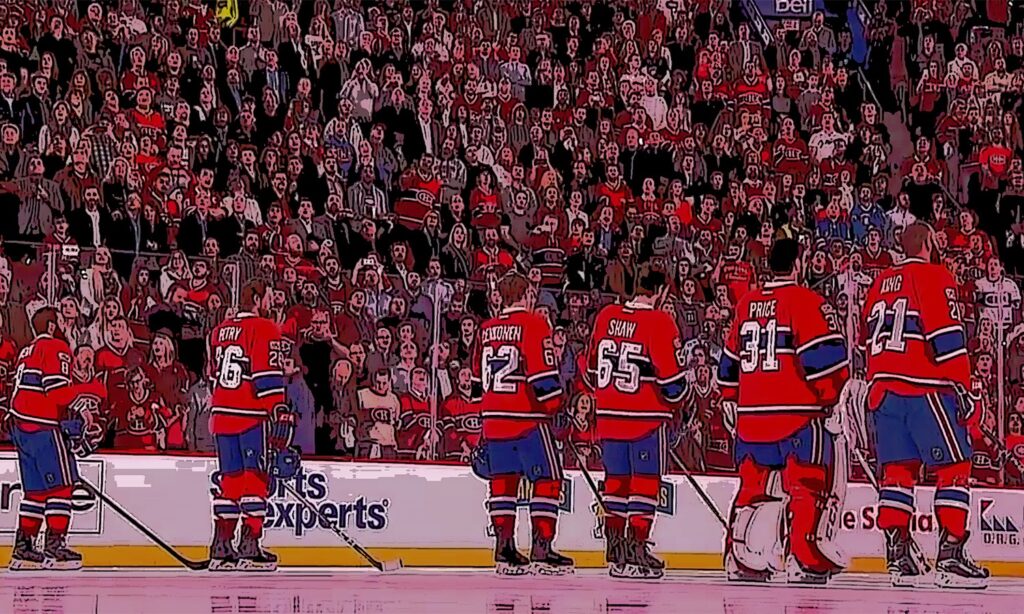Hockey, a thrilling sport adored by millions worldwide, brings with it excitement, skill, and suspense. However, if you’re new to the game or a curious enthusiast, you might wonder, “How long is a hockey game?” Dive into this comprehensive guide as we explore the intricacies of hockey game duration, from regulation play to overtime.
Understanding Regulation Time
A standard hockey game consists of three periods, each lasting 20 minutes of gameplay. However, it’s essential to note that the clock stops during game stoppages, such as penalties, timeouts, and intermissions. Consequently, the total duration of a regulation game typically extends beyond the sum of the three periods.
Hockey’s fast-paced nature, coupled with strategic pauses, ensures an engaging experience for players and spectators alike. These breaks allow teams to regroup, strategize, and execute their game plan effectively.
Unraveling Overtime
In the event of a tie at the end of regulation play, overtime periods come into play. Overtime provides an opportunity for teams to secure victory by scoring a sudden-death goal. Each overtime period typically lasts for 20 minutes of uninterrupted play, with teams switching ends to balance environmental factors.
Overtime adds an extra layer of excitement to hockey games, intensifying the competition and keeping fans on the edge of their seats. However, if neither team scores during overtime, the game proceeds to a shootout, where players take penalty shots to determine the winner.
Factoring in Intermissions
Intermissions, essential intervals between periods, serve multiple purposes within a hockey game. These breaks allow players to rest, hydrate, and receive coaching instructions. Additionally, intermissions provide entertainment for spectators, featuring activities like on-ice performances, fan contests, and promotional giveaways.
Although intermissions typically last around 15 to 20 minutes, their duration can vary depending on factors such as television broadcasting schedules and arena logistics.
Read More: Things to Do for Kids Near Me: Fun-Filled Activities
Factors Affecting Game Duration
Several factors can influence the overall duration of a hockey game. Penalties, injuries, video reviews, and commercial breaks contribute to occasional stoppages in gameplay, extending the length of each period. Additionally, overtime periods and shootouts further prolong the duration of closely contested matches.
Optimizing Your Viewing Experience
To make the most of your hockey viewing experience, consider the following tips:
- Arrive early to soak in the pre-game atmosphere and warm-up routines.
- Familiarize yourself with the rules and terminology of hockey to enhance your understanding.
- Embrace the energy of the crowd and engage in spirited chants and cheers to support your team.
- Stay updated on game statistics and player performances using official scoreboards or mobile apps.
- Enjoy concessions and merchandise offerings during intermissions to savor the full arena experience.
Conclusion
In conclusion, the duration of a hockey game encompasses regulation play, overtime periods, and intermissions. Understanding these components enhances your appreciation for the sport’s dynamic nature and strategic depth. Whether you’re a seasoned fan or a curious newcomer, immersing yourself in the excitement of hockey promises an unforgettable experience.
FAQs
In regular-season NHL games, if neither team scores during overtime, the game ends in a tie. However, playoff games continue into multiple overtime periods until a decisive goal is scored.
The game clock in hockey stops during play stoppages, such as penalties, timeouts, and intermissions, to ensure fairness and accuracy in timekeeping.
Intermissions in hockey typically last around 15 to 20 minutes, providing players with rest, hydration, and coaching instructions.
If a hockey game is tied at the end of regulation play, it proceeds to overtime periods, where teams compete to score a sudden-death goal and secure victory.
A shootout in hockey consists of a series of penalty shots taken by players from each team until one team emerges as the winner.
Yes, hockey games can be postponed or delayed due to various reasons, including inclement weather, equipment malfunctions, or unforeseen circumstances.




